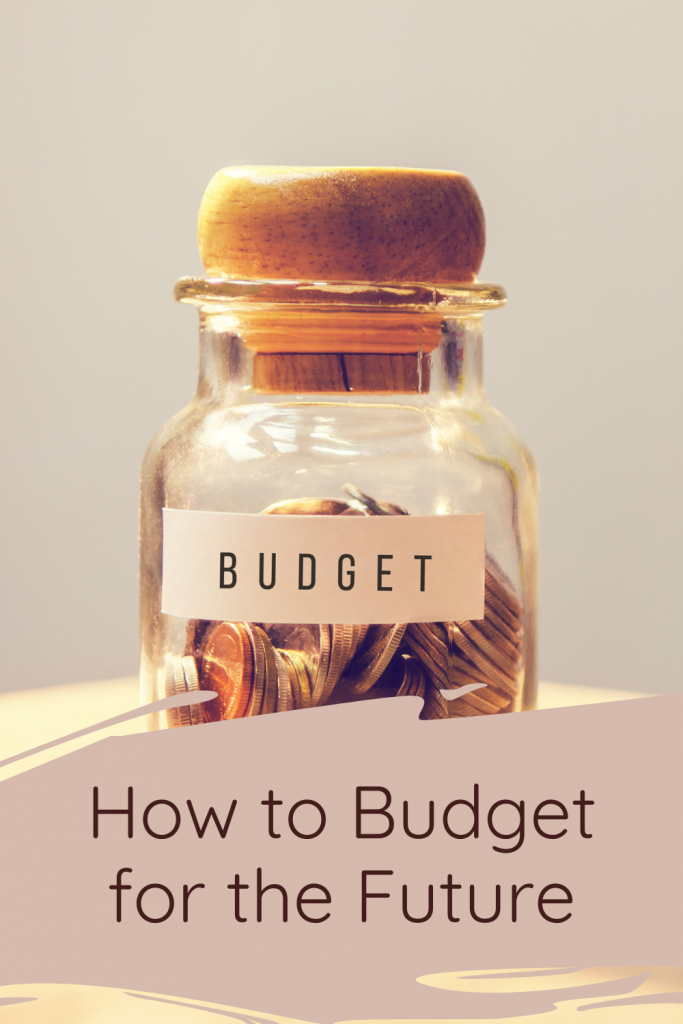Regardless of what your plans for the future may be, having a budget for the future is one step you can take to make sure you make your goals. Knowing you need to budget may be one thing but knowing how to budget is something completely different.
It doesn’t matter what your long term goal is, whether it is about your plans to retire early or maybe you would like to travel the world and see what it has to offer, either way, focusing on the budget will help you get to this.
There are many advantages of having a budget, and here are some simple steps on how to create one.
Basic Steps of Creating a Budget Plan
When it comes to creating a budget, the first step is to figure out your income and expenses. Once you have that done, divide the income by the expenses. The difference between those two numbers is the percentage of income that you can spend on fun things and investments.
This process is an easy way to figure out how much money you should be saving for retirement or unexpected life events if they happen in the future. It’s also important to set up a plan of when and how often you’re going to save this money so that it doesn’t get forgotten about.
If there are any parts of this process that don’t work for you, find a different one that makes sense and go from there!
1. List all your expenses and estimate income for the upcoming year
This is a discussion about personal finances, and the best way to start off this section is by talking about what personal finance means.
Personal finance is about managing your money, paying your bills on time and saving for the future. It’s also about being financially literate and knowing how to budget so that you can live a comfortable life while still having enough to save for the future.
Many people think that budgeting is just about cutting back on expenses, but it’s actually more than that. You need to know how much you make in order to get started on a good budget, so you should list all of your expenses from last year and estimate what you’ll make in the coming year.

2. Create a savings plan in order to reach your short-term goals
You need to work out what is important to you and what you are willing to compromise on. Do not take away all of your treats, life is for living, but prioritize what you are planning to spend your money on. Websites like https://www.raise.com/coupons/lowes are often used by people to save money when they are doing certain shops, however, it’s easy to get caught up and buy according to your wants when using this method. Remember your priorities and your budget to keep on track.
For example, if I wanted to become a writer by 2022, then instead of just saying “I want to become a writer,” I would need to create a savings plan of drafts or articles during this year and next year so that by 2022, they can be published as books or articles. Doing a little research on your goals is very useful, no point in saying I am going to travel the world and plan to save £5,000 where the reality is you will need £25,000.
3. Prioritize your spending according to your financial needs (not wants)
A key aspect of personal finance is financial planning. Financial planning is the act of deciding how to best manage your money in order to reach a specific goal. It encompasses things such as saving or investing for retirement, the purchase of a home, the cost of educating children, and how much to spend on luxury items.
You need to work out what is important to you and what you are willing to compromise on. Do not take away all of your treats, life is for living, but prioritise what you are planning to spend your money on.
4. Set up monthly or quarterly budget review meetings with yourself
Your budget is not only for what you need to spend in the coming month or quarter. It’s also about setting a realistic and achievable spending limit. Budget meetings with yourself give you the space to get an honest look at your spending habits and make changes if necessary.
This will allow you to plan ahead, use your funds wisely, and make the most of your money. It also forces you to think about where your money is going – so that you can identify areas of overspending and put those on hold until later on when they are more affordable.
The main goal of budget meetings is to help you spend less than what’s available in order to save for future expenses or large purchases that might be coming up soon.
Knowing how to budget is one thing, sticking to that and moving forward is another. Take each step as it comes as you work towards the long term goal and don’t be disheartened if it doesn’t always go to plan. Sometimes life likes to throw you a curveball, you just need to learn to take it as it comes then move on.





